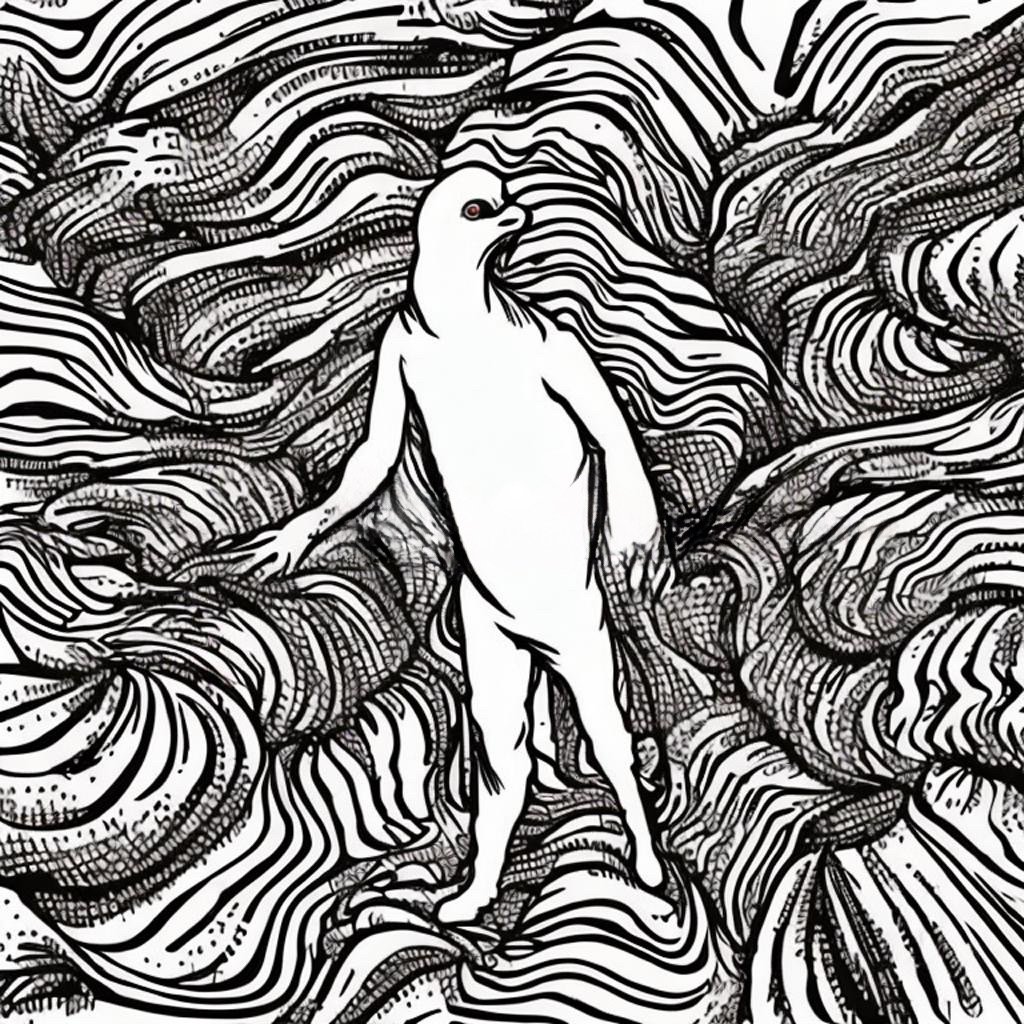
Table of Contents
The Danger of Categorizing People
Human beings have an innate tendency to categorize things around them. We categorize animals, plants, objects, and even people. We put them into boxes, assigning them labels that fit our preconceived notions of what they are and what they represent. This tendency is known as pigeonholing mentality, and while it may seem harmless, it can have dangerous consequences.
Pigeonholing mentality is the act of assigning individuals to a specific category or group based on limited information or assumptions. This can manifest in various forms, such as stereotypes, prejudices, and discrimination. It is the act of ignoring the nuances and complexities of a person’s individuality, and instead defining them by their perceived group identity.
At its core, pigeonholing mentality is based on a flawed belief that all individuals who belong to a particular group share similar characteristics, behaviors, and beliefs. This belief can be perpetuated by societal structures, such as media, education, and culture, which reinforce these stereotypes and biases.
One of the dangers of pigeonholing mentality is that it can lead to discrimination and marginalization. When individuals are categorized based on their race, gender, religion, sexual orientation, or any other characteristic, they may be subject to negative treatment or even violence. This is because pigeonholing mentality creates an “us vs. them” mentality, where those who are not part of the perceived group are seen as inferior or threatening.
Furthermore, pigeonholing mentality can also create self-fulfilling prophecies. When individuals are told that they belong to a certain group and are expected to behave a certain way, they may internalize these beliefs and conform to them. This can limit their potential and prevent them from achieving their goals, as they are defined by their group identity rather than their individuality.
For example, a person who is categorized as “lazy” or “unmotivated” because they belong to a certain racial or socioeconomic group may be less likely to be given opportunities for advancement or success. They may internalize these beliefs and see themselves as incapable of achieving their goals, perpetuating the cycle of marginalization and discrimination.
To combat pigeonholing mentality, it is important to recognize the individuality of every person and to acknowledge that everyone is unique. We must challenge our own biases and stereotypes, and be willing to learn about and understand people who may be different from us.
Education and awareness are also crucial in addressing pigeonholing mentality. By educating ourselves and others about the dangers of categorizing people based on their group identity, we can work to break down stereotypes and create a more inclusive society.
Pigeonholing mentality is a dangerous tendency that can lead to discrimination, marginalization, and self-fulfilling prophecies. We must recognize the individuality of every person and challenge our own biases and stereotypes in order to create a more inclusive and equitable society.
Video
The pigeonhole principle
Shop tip
Pigeonhole on Amazon
Thank you for reading, shares and comments!
✨ Comment Policy ✨
We welcome thoughtful, kind, and constructive comments that contribute to meaningful conversations.
Please note:
- Promotional links and unsolicited offers will be removed.
- Spam, irrelevant content, or self-promotion without prior permission will not be published.
- We value quality engagement over quantity — thank you for helping us keep this a respectful and inspiring space!
AI image made with help of picsart and MIB
Take time to learn
Invest in your future
Embark on a journey into the realm of affiliate marketing and craft your own website within a vibrant, supportive community. Join me in this adventure, where you can begin as a free starter and stay as long as you desire. Enjoy complimentary hosting and foundational teachings to set you on your path. For those with advanced skills, opportunities to elevate your expertise await. Take a moment to explore and witness the magic for yourself!




